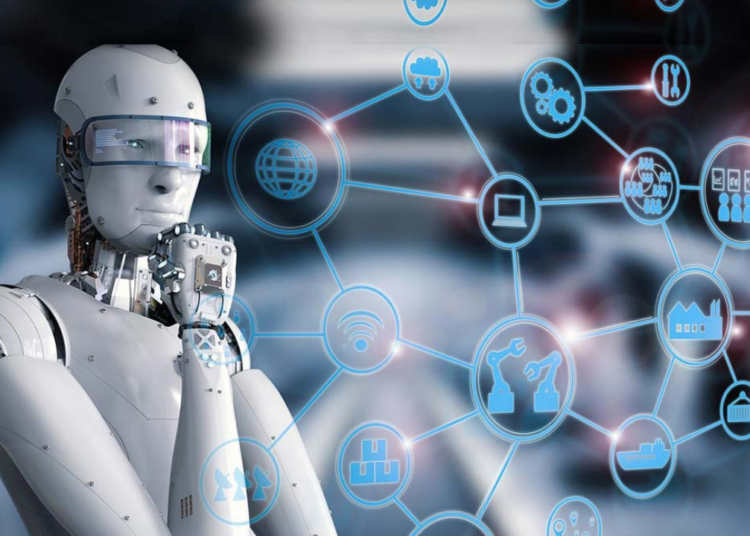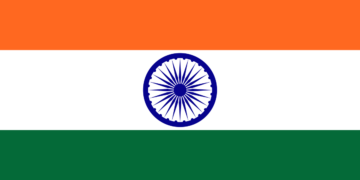Experts from Nigeria and the United States(US) in the energy sector are collaborating to improve the capacity to deploy Artificial Intelligence (AI) and emerging technologies to boost power delivery in Nigeria in order to achieve an energy and power system that will be effective, affordable, sustainable and customer-centric.
Following the move for a continuous search for solution to the myriad of challenges of epileptic power supply in Nigeria, experts recently organised a three-day 12th edition of the International Conference on Energy and Power Systems Operations and Planning (ICEPSOP 2023) in Abuja.
After exhaustive discussions, workshops, technical sessions on the theme “Empowering Reliable Power Delivery Using Artificial Intelligence and Emerging Technologies: A case For United States of America and Africa,” the stakeholders issued a very comprehensive communiqué to exchange valuable insights. They also planned to foster partnerships that would be instrumental in shaping the future of the energy sector in line with the objectives of achieving sustainable and reliable power supply systems for the US and Africa.
Director, Center for Energy Systems and Control, Howard University, Prof James Momoh, in his remarks disclosed that Artificial Intelligence and other emerging technologies would enhance reliable power delivery in Nigeria if policies are integrated with all the different entities such as regulations.
According to Prof. Momoh, this move has become imperative following the challenges in Nigeria’s electricity grid system, which has been largely epileptic such that about 85 million Nigerians are said to not have access to power, which represents about 43% of its population.
Prof. Momoh added that this challenge in the sector can be addressed through “Resource utilization, balancing available supply to demand, and protection, as well as control of the electric network, and ultimately, environmental protection.”
He noted that this approach will empower the present grid to be more reliable, sustainable, and cost effective and customer eccentric, as well as ensuring that carbon detoxification is achieved.
Prof Momoh said AI will also reduce the depletion of primary energy resources (oil and coal) due to increased utilization by the transportation sector, adding that AI will also minimize the adverse impacts agricultural practices have played in the escalation of harmful greenhouse gases.
The former Chairman of the Nigerian Electricity Regulatory Commission (NERC) noted: “in terms of research, it starts from the policies that are defined by the government,” stressing that the target is to achieve power supply in Nigeria at an affordable price that is resilient to attack.
He explained that Professors, Academicians and Industrialists have put their heads together to begin to look at different problems that will be solved.
“Again it now stems from policies to technologies and the role of the regulators, by integrating all the different entities I have just talked about, we believe we can have an improvement in delivery and supplying of electricity in any country.
“The USA and African collaboration that we brought together is to learn from each other, to learn from what the Americans are doing in facing their own challenges, to know what Nigerian challenges are, and see what is appropriate, to exchange ideas and implement plans to put in place”, he said.
President of the Nigerian Academy of Engineering, Prof Peter Onwualu, in his speech titled “Fostering reliable and affordable power supply in Nigeria using Emerging Technologies” said that since energy and power affects other sector of the economy, major stakeholders of the Nigerian project are unanimous in coming to a conclusion that for the government to succeed in delivering their social contract with the society, they must find sustainable solution the energy and power conundrum in Nigeria.
The conference was attended by industrialists, academics, private sector concerns and government officials.
During the sessions the US collaborators gave a first-class presentation on the current state of research being developed by them, funded by major US government agencies such as the Department of Energy (DOE) to build and enhance the African power infrastructure for the future.
The stakeholders also focused on Renewable Energy Integration as they addressed the pressing need for seamless integration of renewable energy sources into the power grid. Participants deliberated on innovative technologies, grid modernization, and policy frameworks to facilitate a smooth transition to sustainable energy systems, involving application of different Artificial Intelligence (AI) and power electronics technologies.
Smart grid technologies and energy storage solutions then took center stage, with experts highlighting their potential to enhance grid flexibility, reliability, and resilience while optimizing energy and intelligent control.
The policy makers and regulators also presented the new Electricity Act that promotes wholesale and retail markets towards achieving a sustainable power delivery in Nigeria. The challenges and opportunities of the Act raised were discussed. Therefore, a need to engage ICEPSOP in consultation with NERC and Federal Ministry of Power to organize capacity building for stakeholders, including the judiciary and investors, towards addressing the steps for achieving the provisions of the new Act.
In a similar development, researchers shared cutting- edge approaches and methodologies for effective power system planning, optimization, and forecasting, considering the complexities of demand and supply dynamics for application in the electricity supply chain using AI and emerging technologies by transmission (TCN) and distribution companies (DISCOS) of Nigeria.
The conference further explored the integration of electric vehicles into the transportation sector, focusing on charging infrastructure, battery technologies, the role of EVs in reducing carbon emissions, and subsequent application for the farm micro grid.
The experts also laid emphasis on the significance of energy efficiency measures and demand-side management in curbing energy wastage and achieving energy sustainability by working with the National Agency for Science and Engineering Technology (NASENI) for domestication of products and services that will enhance the economic development of the continent, using advanced technology.
Provisions were made for technology transfer by Nigerian professors in the Diaspora to be utilized by DISCOS, TCN, GENCOS, NERC and ISO which will facilitate home grown technologies and solutions that are being demanded by the local content order.
The expectations of the sponsors are met and they include; developing international framework for research, joint proposals, enforce collaboration between Nigerian professors, and discuss the means of collaborating through exchange programs, sustaining the opportunity for training that encourages young researchers.
The conference also came up with key outcomes and recommendations, which include; Active research on modelling and integration to start immediately on micro grid and small grid with support through TETFund and other funding agencies.
Stakeholders are to build models for integration and test run simulations as well as develop energy storage technologies, initiate and evaluate their impact in the value chain of smart micro grid systems. This is to be done immediately by academics in tandem with industry experts.
The conference will immediately organize ICEPSOP solution workshops to initiate proposals and solutions to technical, economic and social problems for stakeholders, including the judiciary and investors, towards addressing the steps for achieving the provisions of the new Act.
The conference also proposed strategies and methods based on the new emerging technologies and AI for planning and optimization of transmission and distribution networks to help identify or foster collaboration on EV and transportation development in Nigeria.





